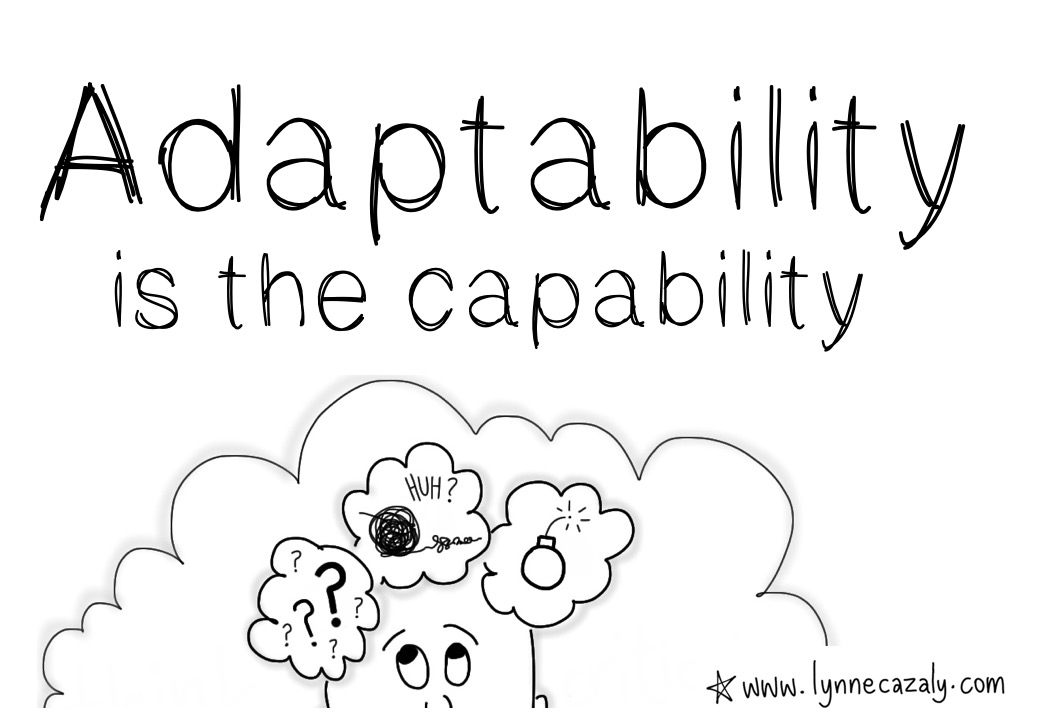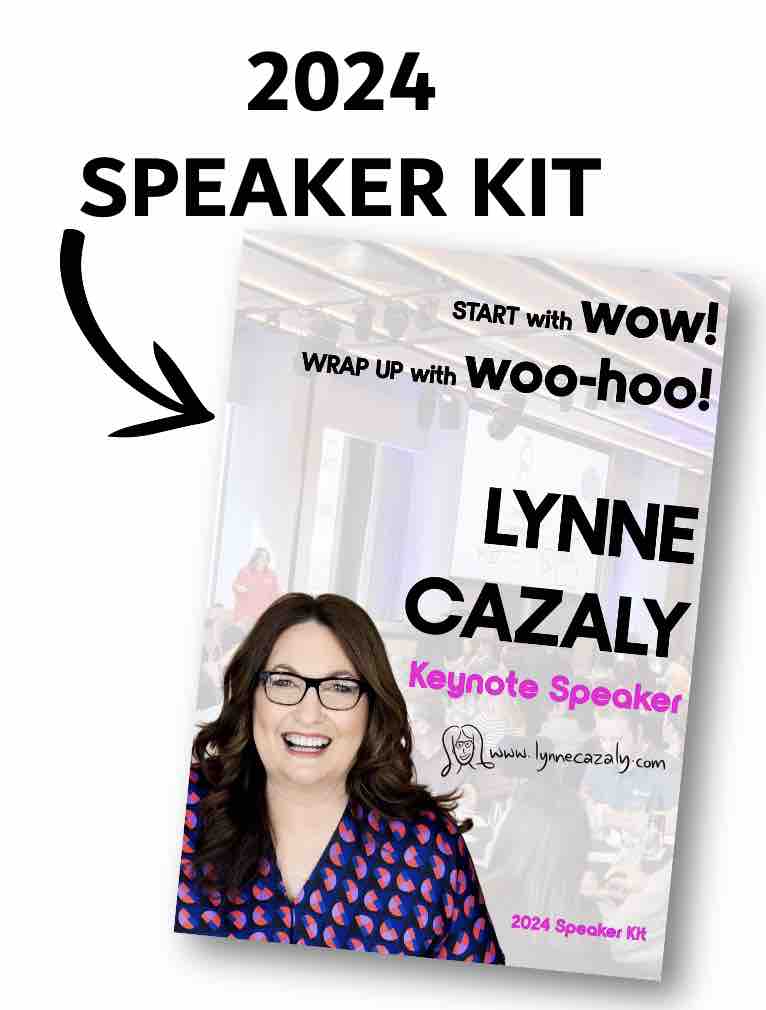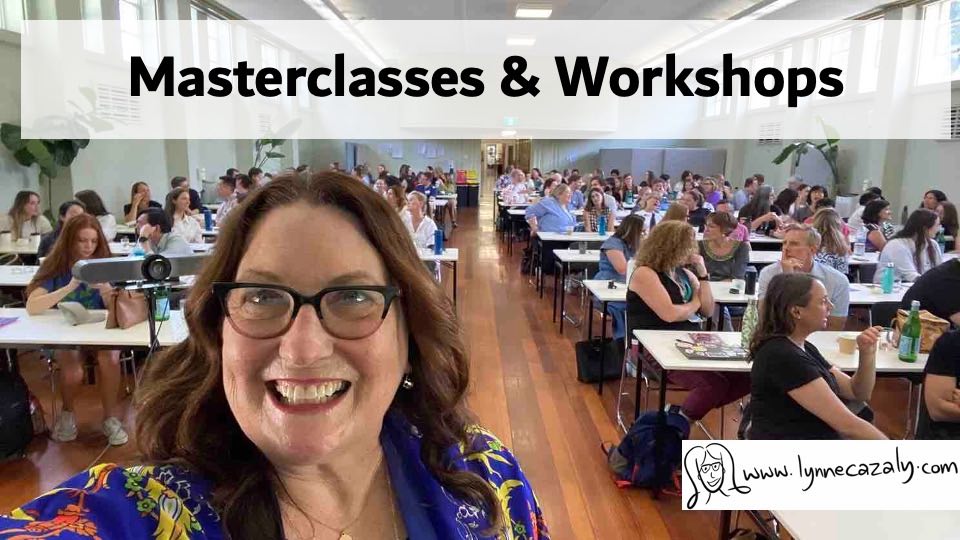Adaptability is the capability
 Sunday, October 20, 2019 at 11:05AM
Sunday, October 20, 2019 at 11:05AM  There’s plenty written on the skills we'll need for now, tomorrow and the next decade to remain relevant, employable, successful and smiling.
There’s plenty written on the skills we'll need for now, tomorrow and the next decade to remain relevant, employable, successful and smiling.
Predicting specifics for an uncertain future can be lottery-like: sure, we'll get the numbers right ... eventually, but just not all at once or all in the one game!
So it's not one skill or 30; adaptability is the capability.
It's having the quality of being able to adjust to new conditions. How well can you continue to see, listen, learn, connect dots, and then change your behaviour based on all of that information available to you?
The capability is adaptability. And plenty of people are just not that adaptable.
Adaptability is having a force and power of resourcefulness. To be able to switch from one thing to another or decide on different skills you’ll deliberately apply to solve a perplexing situation.
We all find ourselves in challenging environments and tricky situations - how well do you play a capability of adaptability?



















